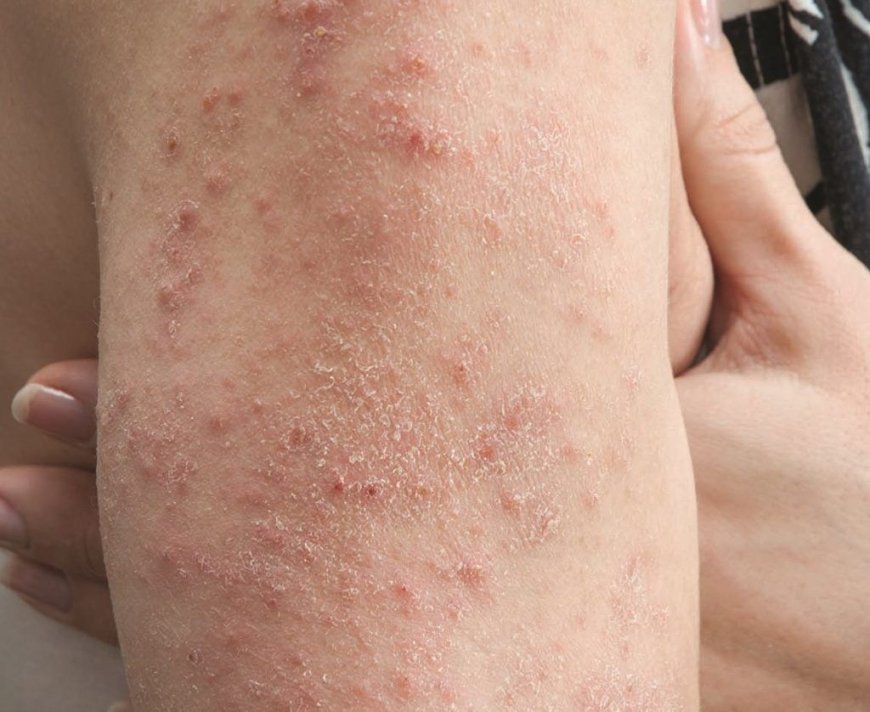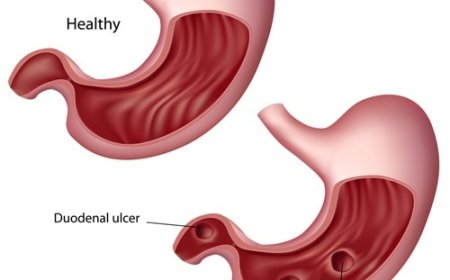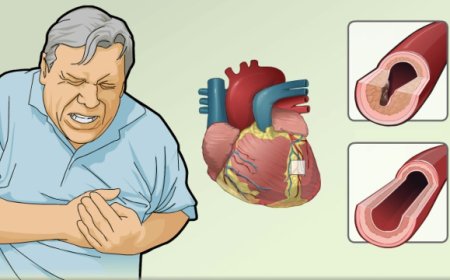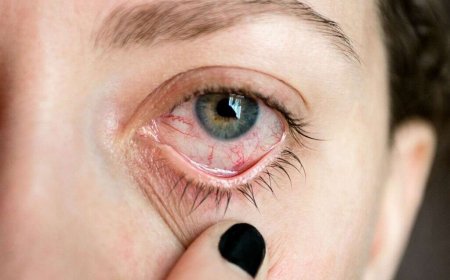Wheat Allergy

Introduction:
Imagine you have a magic power that helps you stay healthy and happy. But one day, you eat a special food, and your magic power starts acting up! This is how some people with wheat allergy feel. In India, where wheat is a significant part of our diet, wheat allergy is an important health concern. Let's learn more about it together.
Signs and Symptoms:
When someone has a wheat allergy, their body gets confused when wheat comes in contact. It thinks wheat is an enemy and starts fighting it, causing problems. Some common signs and symptoms of wheat allergy are:
-
Itchy Skin Rashes: Like red bumps or hives on the skin.
-
Digestive Troubles: Feeling sick, stomach pain, vomiting, or diarrhea.
-
Swelling: Some parts of the body may puff up, like the face or hands.
-
Breathing Issues: Wheezing, coughing, or difficulty in breathing.
What Is Wheat Allergy?
Wheat allergy is like a superhero's kryptonite! Our body's immune system, which protects us from germs, mistakenly sees certain proteins in wheat as harmful invaders. So, whenever we eat wheat or even inhale wheat particles, the immune system goes into overdrive and releases chemicals to fight off these "enemies." This causes all those uncomfortable symptoms we just talked about.
How Is Wheat Allergy Classified?
Wheat allergy can be classified into two main types:
-
IgE-Mediated Wheat Allergy: This is the most common type. IgE is like a special alarm system in our body. When someone with this type of allergy eats wheat, their immune system produces a lot of IgE, causing a quick and strong reaction.
-
Non-IgE-Mediated Wheat Allergy: This type is a bit different. It takes a little longer for the symptoms to appear, and the immune system doesn't use IgE as the main weapon.
Causes and Triggers:
Wheat allergy happens because our body's immune system gets confused. But why does this happen? Scientists are still figuring it out, but some people are more likely to have wheat allergy if their family members have it too. Also, babies who start eating wheat too early may have a higher chance of developing the allergy.
Risk Factors with Examples:
Some kids are more at risk of having wheat allergy. For example:
-
Family Allergy History: If a child's parents or siblings have food allergies, including wheat, the child might be more likely to have it too.
-
Eczema: Kids with eczema (a skin condition) have a higher risk of developing wheat allergy.
-
Early Introduction to Wheat: When babies start eating wheat before 4-6 months of age, it can increase the risk of allergy.
Types of Wheat Allergy:
Wheat allergy can show up in different ways. Here are two common types:
-
Allergic Contact Dermatitis: When wheat touches the skin, it can cause red, itchy rashes. This is more common in people who work with wheat or handle it a lot.
-
Exercise-Induced Wheat Allergy: Imagine playing a game and suddenly feeling sick after eating wheat. It happens in some people during or after intense exercise, especially if they ate wheat before exercising.
Diagnostic Tests and Treatments:
Doctors use different tests to find out if someone has wheat allergy. The main tests are:
-
Skin Prick Test: A tiny bit of wheat extract is put on the skin, and the doctor looks for a reaction, like redness or swelling.
-
Blood Test: This test measures the amount of IgE antibodies in the blood. More IgE means a higher chance of having wheat allergy.
Complications and Prevention Techniques:
Wheat allergy can be serious, but there are ways to manage it:
-
Avoiding Wheat: The best way to prevent reactions is to stay away from wheat and foods with wheat in them.
-
Reading Labels: Learn to read food labels carefully to avoid hidden wheat ingredients.
-
Carrying Medication: If you have a severe wheat allergy, your doctor might prescribe an epinephrine auto-injector (like an EpiPen) to use in emergencies.
Having a wheat allergy in India can be challenging, but with proper care and understanding, it is possible to stay healthy and enjoy a happy life. Remember, if you suspect you have a wheat allergy, talk to your parents and visit a doctor. They will help you find ways to keep your magic power (health) strong!
What's Your Reaction?
 Like
0
Like
0
 Dislike
0
Dislike
0
 Love
0
Love
0
 Funny
0
Funny
0
 Angry
0
Angry
0
 Sad
0
Sad
0
 Wow
0
Wow
0







































































